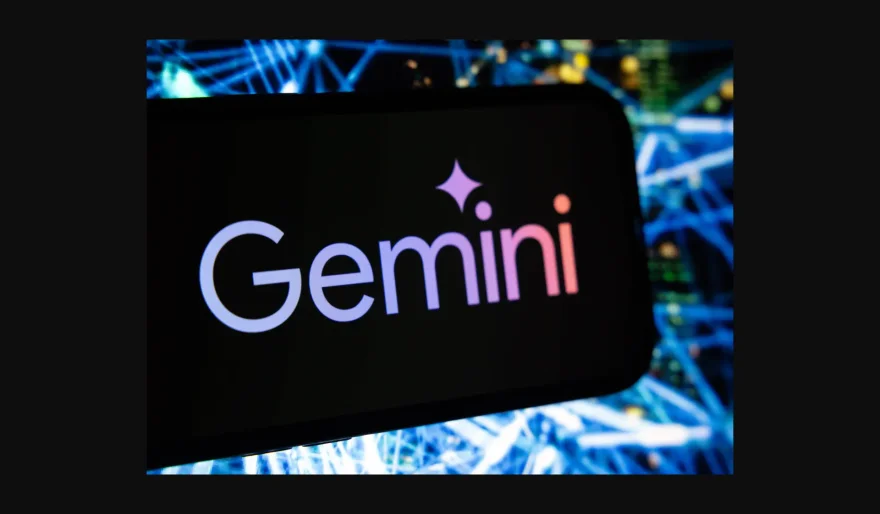Stay Ahead of the Curve
Latest AI news, expert analysis, bold opinions, and key trends — delivered to your inbox.
Google’s Gemini 2.5 Pro Report Drops Weeks Late — And Light on Answers
4 min read Google quietly released a thin safety report for its Gemini 2.5 Pro model, sparking concerns over transparency. The report lacks key benchmarks and omits mention of its own Frontier Safety Framework. Critics say this selective disclosure undermines public trust, especially as AI capabilities grow. Similar trends are seen at Meta and OpenAI, fueling fears of a “race to the bottom” in AI safety transparency. April 18, 2025 10:00
More than two weeks after unveiling Gemini 2.5 Pro, its most capable AI model to date, Google has quietly published a technical safety report. But instead of offering clarity, the sparse documentation has only deepened concerns among AI policy experts about the company’s transparency — or lack thereof.
The takeaway?
The report is thin, missing key evaluations and benchmarks — notably, any mention of Google’s own Frontier Safety Framework (FSF), introduced last year to spotlight AI risks with catastrophic potential.
“It’s impossible to verify if Google is living up to its public commitments,” said Peter Wildeford, co-founder of the Institute for AI Policy and Strategy.
“This report contains minimal information and came out long after the model’s release.”
A selective approach to safety reporting
Unlike some rivals, Google only publishes technical reports once it deems a model “graduated” from its experimental stage. It also excludes results from its “dangerous capabilities” audits — which are conducted separately but not always disclosed.
That discretion has critics raising eyebrows.
“We haven’t seen those evaluations since June 2024,” said Thomas Woodside of the Secure AI Project. “The last one was for a model announced four months prior.”
Meanwhile, no technical report has been released for Gemini 2.5 Flash, Google’s smaller and more efficient sibling to Pro, announced just last week. A spokesperson said a report is “coming soon.”
A pattern, not an exception
Google isn't alone in this. Meta released a similarly vague evaluation for Llama 4, and OpenAI skipped a safety report altogether for its GPT-4.1 series.
Yet, the stakes are higher for Google, which previously pledged to U.S. and international regulators that it would publish safety evaluations for all “significant” AI models. Those promises included commitments to public transparency and high standards in safety testing.
“We’re seeing a race to the bottom,” said Kevin Bankston, senior adviser at the Center for Democracy and Technology.
“Companies are accelerating deployment timelines and downgrading transparency — just when scrutiny should be highest.”
The wider context
Even as companies like Google stress that adversarial testing and red-teaming occur behind the scenes, public-facing documentation is growing increasingly opaque — just as frontier AI capabilities are accelerating.
Safety, once a pillar of competitive advantage in AI, is at risk of becoming an afterthought.
Whether Google course-corrects with upcoming model reports remains to be seen. For now, the Gemini 2.5 Pro report does little to reassure that Big AI is holding itself to Big Accountability.



















 AI Agents
AI Agents